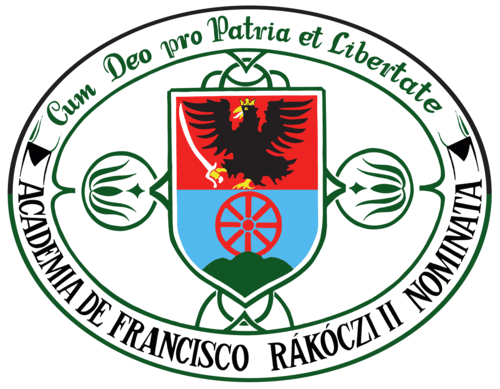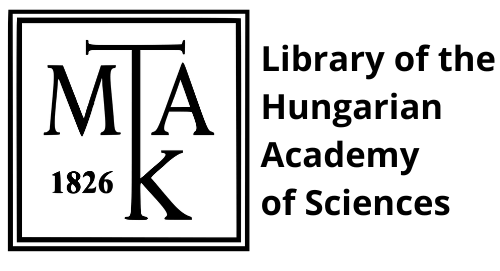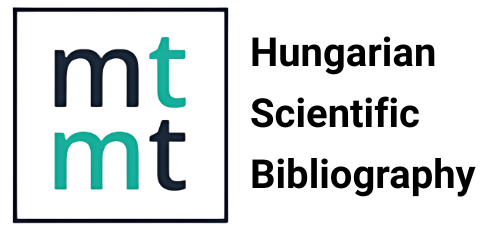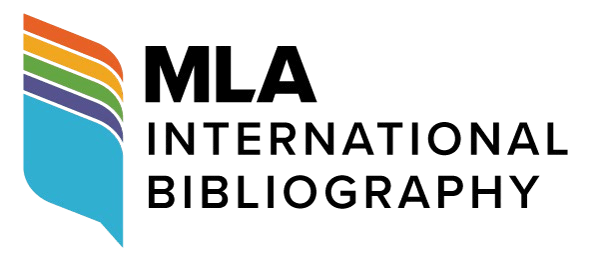Publishing Policy, Publication Ethics
Acta Academiae Beregsasiensis, Philologica is committed to upholding the highest ethical standards in scholarly publishing. The editorial and peer-review practices of the journal are based on the international guidelines established by the Committee on Publication Ethics (COPE).
In July 2025, four editors of the journal became members of the European Association of Science Editors (EASE).
The Editorial Board expects authors, reviewers, and editors to act at all times in accordance with the principles of academic integrity, transparency, and responsible research conduct.
Open Access Policy
Acta Academiae Beregsasiensis, Philologica publishes original, previously unpublished articles in the broad field of philological studies.
Acta Academiae Beregsasiensis, Philologica is an open access journal, providing immediate and free access to its content on the principle that making research publicly available supports a greater international exchange of knowledge.

Statement on Submission and Article Processing Charges
No Submission Charges: the journal does not charge any fees for submitting an article.
No Article Processing Charges (APCs): the journal does not charge any fees for the copy-editing or typesetting of accepted articles.
The publication of articles in the journal is completely free of charge.
Open Data Policy
Acta Academiae Beregsasiensis, Philologica supports the principles of open science and adheres to the FAIR Data Principles (Findable, Accessible, Interoperable, Reusable). The journal believes that the open sharing of research data enhances transparency, reproducibility, and the overall impact of scholarly work.
1) Data availability requirement: authors are encouraged to make all data underlying their research findings publicly available at the time of publication, unless legal, ethical, or confidentiality restrictions apply. Each article must include a Data Availability Statement, clearly indicating where and under what conditions the data can be accessed.
2) Recommended repositories: data should be deposited in institutional, national, or international repositories that ensure long-term preservation and provide persistent identifiers such as DOI. Authors are encouraged to use recognised repositories (e.g., Zenodo, Figshare, OSF, institutional archives) that comply with FAIR principles.
3) Citation of data: datasets used or generated in the study must be properly cited in the reference list and included in the article’s metadata. The dataset DOI or other persistent identifier should be provided in both places.
4) Exceptions and ethical considerations: if data cannot be shared due to privacy, copyright, or other justified restrictions, authors must clearly explain these reasons in the Data Availability Statement. The journal respects all ethical and legal limitations related to data sharing.
5) Monitoring and compliance: the Editorial Board monitors the inclusion of FAIR-compliant datasets and may request clarification or documentation from authors regarding data availability. The journal encourages best practices in open data management and promotes a culture of transparency and accessibility in humanities research.
Ethics and Data Protection Policy
Acta Academiae Beregsasiensis, Philologica places great importance on adhering to ethical standards and data protection requirements in all research activities. The journal requires that any study involving human participants, personal or confidential data, or biological materials be conducted with the appropriate ethical approval or research ethics committee authorisation.
All research activities and data processing must comply with the Law of Ukraine “On Personal Data Protection” and Regulation 2016/679 of the European Parliament and of the Council (EU) (General Data Protection Regulation, GDPR).
Authors must include in their manuscript a brief statement confirming that:
- the study received ethical approval (specifying the approving institution and reference number, if applicable);
- informed consent was obtained from all participants; and
- the processing of personal or confidential data complied with all relevant data protection laws and regulations.
The Editorial Board reserves the right to request documentation of ethical approval during the review process. Failure to meet ethical or data protection requirements may result in the rejection of the manuscript.
Informed Consent
For all manuscripts containing data, images, voice or video recordings, or other material involving human participants, authors are required to obtain written informed consent from each identifiable individual (or their legal guardian, where applicable).
Informed consent must cover both:
- participation in the study; and
- permission for the publication of the collected data, images, videos, or any identifiable content.
Authors should declare in their manuscript that informed consent for publication has been obtained from all participants. Example statement for authors:
“All participants provided written informed consent for participation in the study and for the publication of anonymised data derived from their responses.”
Procedure for Handling Complaints Concerning Ethical Violations
The journal is committed to the highest standards of research ethics and academic integrity. Any author, reviewer, reader, or member of the Editorial Board may submit a complaint regarding ethical misconduct. Examples of misconduct include, but are not limited to: plagiarism, data manipulation, falsification of research results, unauthorised or omitted authorship, and unethical behaviour during the peer review process.
Complaints are handled according to the following principles:
- Complaints must be submitted in writing to the Editor-in-Chief (beregszaszi.aniko@kmf.org.ua) or to the journal’s official email address (aab-philologica@kmf.org.ua).
- All complaints are treated confidentially. The Editorial Board conducts an objective investigation.
- If necessary, independent experts may be involved in the investigation.
- Possible outcomes include a written warning, rejection of the manuscript, retraction of a published article, or other appropriate editorial measures.
- In cases of serious ethical misconduct, the Editorial Board reserves the right to inform the relevant institution(s) and follow the procedures established by COPE.
Retraction Procedure
The journal reserves the right to retract (withdraw) published articles in exceptional cases where ethical or scientific integrity is at stake. Retraction may occur in the following circumstances:
- Serious ethical violations (e.g., plagiarism, data manipulation, authorship abuse, etc.);
- Significant errors or deficiencies that undermine the reliability of the research;
- Unethical research methods;
- The findings have been published elsewhere without proper attribution, permission, or justification.
Steps of the retraction procedure:
- Upon receiving a complaint or based on the Editorial Board’s own observations, the journal initiates an internal investigation.
- The authors are given the opportunity to respond in writing to the allegations.
- Based on the outcome of the investigation, the Editorial Board decides whether retraction is warranted.
- An official retraction notice is published on the journal’s website and in the next issue, indicating the reason and date of the retraction.
- The online version of the retracted article remains accessible but is clearly marked as “RETRACTED” and linked to the official retraction notice.
Throughout the retraction process, the journal follows COPE guidelines and recommendations.
















